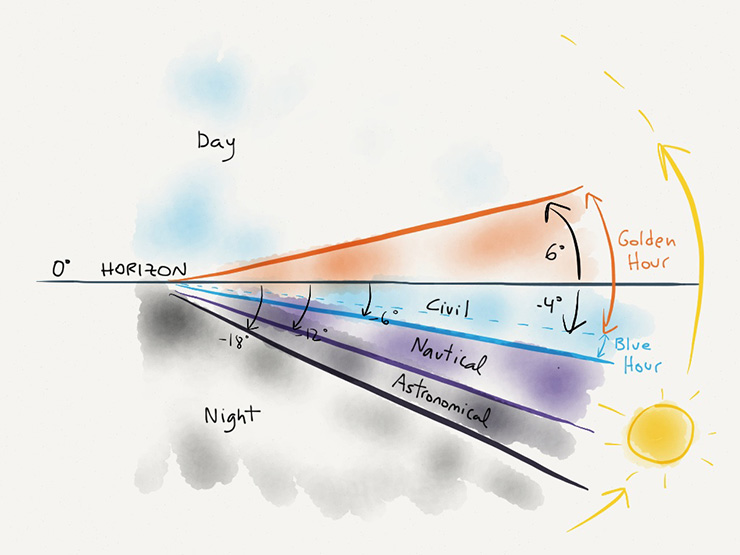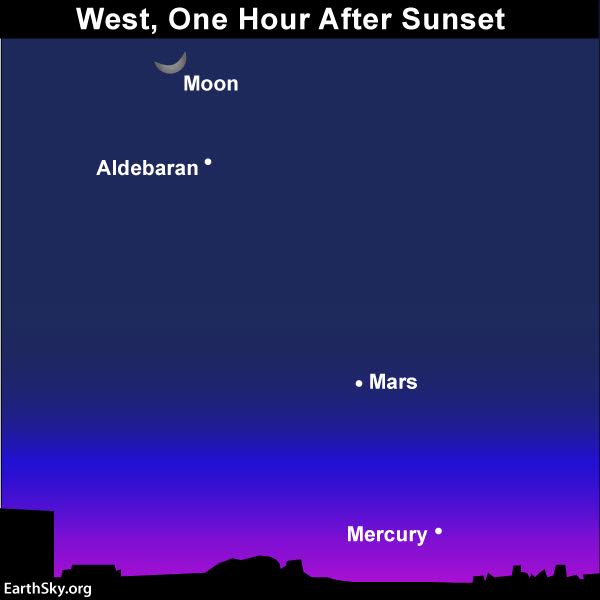AbbaLove
Circumcism Of The Heart
- May 16, 2015
- 2,493
- 761
- Country
- United States
- Faith
- Messianic
- Marital Status
- In Relationship
Doubt that there was/is a consensus within orthodox Judaism with it's different sects then and now. Read somewhere that the Sadducees and Samaritans (at time of Yeshua) believed the lambs should not be killed until the twilight of sundown then roasted and eaten with no remains left by the dawning of the morning twilight. Have you ever heard/read of this division?Deuteronomy clarifies it further by saying the lambs were slain "at the going down of the sun." Therefore, it must be done during the second half of the daylight period (afternoon) with 3:00 being the midpoint.
The following six translations of Leviticus 23:5 and Exodus 12:6 generally support each other (e.g. ESV) when it comes to their choice whether to use either: “at twilight” “at even” “at evening” “between the two evenings” and “between the evenings.” The following five translations are from Leviticus 23:5 and the same choice of word(s) is used in the same translation of Exodus 12:6
These six translations (there may be others) can be interpreted as either: “between the two evenings” or “between the evenings.” Seventeen other translations that i checked read either: “at twilight”(7) “at even”(4) “at evening”(3) or “in the evening”(3). All of these (e.g. “at twilight”) could also possibly be interpreted as “between the two evenings” as does the ESV and NASB (see Footnotes below).
The six following translations are from Leviticus 23:5 and pretty much coincide with Exodus 12:6
Darby Bible Translation
In the first month, on the fourteenth of the month, between the two evenings, is the passover to Jehovah.
English Standard VersionIn the first month, on the fourteenth day of the month at twilight,[a] is the Lord's Passover. (Footnote: [a] Hebrew between the two evenings)
Hebraic Roots BibleIn the first month, on the fourteenth of the month, between the evenings is the Passover to YAHWEH. (No Footnote for Lev. 23:5, but Exodus 12:6) Footnote reads: The Passover is kept until the beginning of the 14th day and killed between the evenings of the ending of the 13th and beginning of the 14th.
NOTE: between the evenings implies the 30 minutes or so of "twilight" that distinguishes the ending of one day from the beginning of the next day.
Jubilee Bible 2000NOTE: between the evenings implies the 30 minutes or so of "twilight" that distinguishes the ending of one day from the beginning of the next day.
On the fourteenth of the first month between the two evenings is the LORD's passover.
New American Standard BibleIn the first month, on the fourteenth day of the month [a]at twilight is the Lord’s Passover. (Footnote: [a] Lit between the two evenings)
Young’s Literal Translationin the first month, on the fourteenth of the month, between the evenings, is the passover to Jehovah;
The Complete Jewish Bible is the only translation that puts a different spin on
“between the two evenings” as lasting only a few minutes (about 45 minutes).
In the first month, on the fourteenth day of the month, between sundown and complete darkness, comes Pesach for Adonai.
With respect to the post by DaveW-Ohev about “Pesach proper” being ... "only a few minutes long; from "twilight" on the 14th of Nisan until sundown, which starts the 15th and Chag haMatzot" ... am having a hard time following his reckoning timeline that "twilight" occurs until sundown and "only a few minutes long."
It's only just my opinion, but i believe the Pharisee tradition (3 pm timeline) was more out of convenience than the original timeline of the Exodus and Leviticus account translations when the Israelites slaughtered their lambs for roasting and eating “between the two evenings” and not at 3 pm midway between the six afternoon eve hours from what you believe is the 1st eve hour beginning after 12 noon up to the 2nd eve hour of waning daylight.
The Hebraic Roots Bible Footnote for Exodus 12:6 makes more sense to me …
Exodus 12:6 Hebraic Roots Bible Footnote: The Passover is kept until the beginning of the 14th day and killed between the evenings of the ending of the 13th and beginning of the 14th.)
There are approximately 30 minutes of twilight between the ending evening of Abib 13 and the beginning of the evening of Abib 14. Even, if that was true i don’t know of any link that refers to those 30 minutes as “Pesach proper” referring to when all the lambs were to be killed and prepared for roasting.
So, if i'm hearing you correctly you believe all the lambs during "Peasch proper" at the time on Yeshua were slain from just after 12 noon until the wanning twilight toward the end of Abib 14?
Upvote
0


